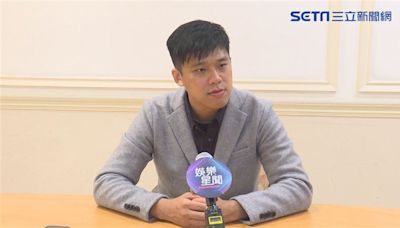搜尋結果
Transformative social change is a philosophical, practical and strategic process to effect revolutionary change within society, i.e.,social transformation. It is effectively a systems approach applied to broad-based social change and social justice efforts to catalyze sociocultural, socioeconomic and political revolution.
China has already formed a much larger and better down-top ecosystem, manifesting the ultimate goal of the Maker Movement – democratizing innovation. We call it the New Shanzhai. The Chinese word for Shanzhai can be traced back to year 1999-2000, representing the act of copying and duplicating brand products. In recent years, Shanzhai has ...
Jess Scully: "Taiwan’s civic hackers were organized around a leaderless collective called g0v (pronounced “gov zero.”) Many believed in radical transparency, in throwing opaque processes open to the light, and in the idea that everyone who is affected by a decision should have a say in it. They preferred establishing consensus to running ...
"Yihong Ding is a PhD candidate of computer science at Brigham Young University. He is also affiliated with DERI Innsbruck. His research includes Semantic Web, annotation, data extraction, and ontology generation, matching, and reuse.
Retrieved from "https://wiki.p2pfoundation.net/index.php?title=Shun-Ling_Chen&oldid=105116"
Prof. Gibin Hong is one of the progressive political economists introducing those alternative economic principles. His economy theory, represented as “not the Money-making economic, but the Housekeeping economic which seeks for the happiness and better life”. His main research topics are the structural change of global political economy ...
2010年6月19日 · Inclusiva-net. = platform dedicated to the research, documentation, and circulation of network culture theory. Its main study and documentation areas are the processes of social and cultural inclusion of telecommunication networks and their effects in the development of new artistic practices and critical knowledge production.








